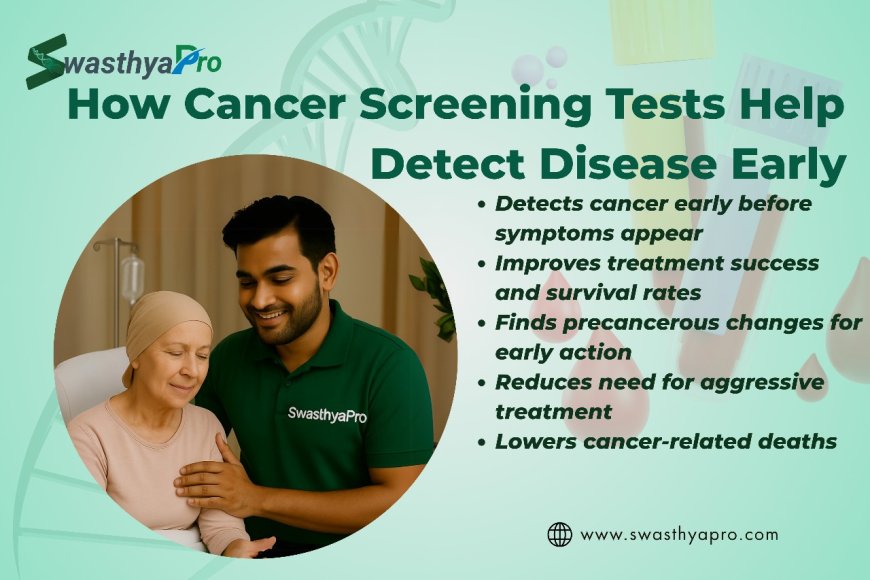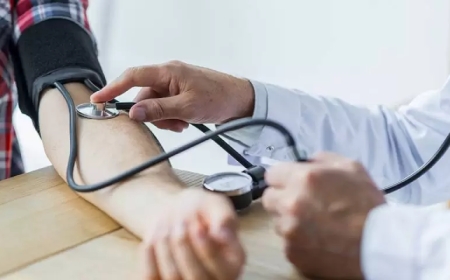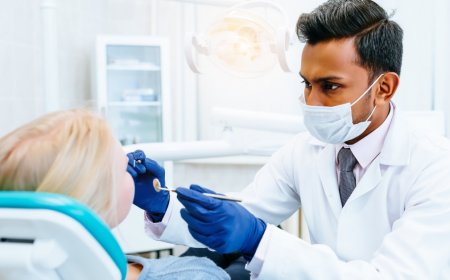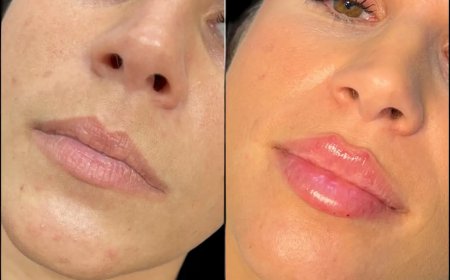Cancer Screening Test for Women: What to Expect and When to Start

When it comes to womens health, early detection saves lives and a timely cancer screening test can be the most powerful decision you make. From cervical to breast cancer, Indian women face a rising burden of cancer-related diseases, many of which can be detected early through routine screening. But many women still hesitate due to fear, stigma, or simply not knowing when to begin.
This article breaks down exactly what a cancer screening test for women involves, when to start, and what to expect so you can make informed, empowered health choices.
Why Women Need Specific Cancer Screening Tests
A womans body undergoes unique hormonal, reproductive, and age-related changes. These biological shifts make some cancers more likely including cervical, breast, ovarian, and even colorectal cancer. A proper cancer screening test can catch these conditions early often before symptoms appear.
The good news? Most of these tests are quick, safe, affordable, and increasingly accessible through services like Swasthyapro which offers convenient at-home sample collection and lab-verified reports.
When Should Women Begin Cancer Screening?
Heres an age-based guide to when women should start each cancer screening test:
Age 2129: Start Early and Smart
-
Pap Smear (Cervical Cancer)
Begin every 3 years starting at age 21. This cancer screening test checks for abnormal cervical cells that may become cancerous. -
Clinical Breast Exam
While mammograms are not usually required yet, your doctor may perform a manual breast check. -
HPV Vaccine (if not already taken)
Though not a test, this is a vital cancer prevention tool against cervical cancer.
Age 3039: Add HPV & Risk Awareness
-
Pap + HPV Co-test
From age 30, you can opt for the co-test every 5 years. This cancer screening test combination is highly effective. -
Oral Cancer Screening
Especially important if you smoke, chew tobacco, or consume alcohol. -
Skin Checks
Self-exams or dermatologist visits help detect melanoma and other skin cancers early.
Age 4049: Mammogram Time Begins
-
Mammogram (Breast Cancer)
Begin annual or biennial cancer screening tests starting at 40 earlier if theres family history. -
Pap + HPV Test
Continue every 5 years if prior results are normal. -
Thyroid & Blood Panels
While not directly for cancer, these routine checks often detect early anomalies. -
CA-125 Test (for Ovarian Cancer, if family history exists)
Not a general screening tool, but may be suggested by your doctor if risks are high.
Age 50 and Above: Stay Regular
-
Colonoscopy (Colorectal Cancer)
Start at age 45 or 50, then repeat every 10 years if normal. Non-invasive options like FIT (Fecal Immunochemical Test) are also available yearly. -
Repeat Mammograms
Stay consistent every 12 years as advised. -
Cervical Cancer Screening
After 65, if past tests are consistently clear, you may stop but only with doctor approval. -
Bone Density + Other Routine Health Panels
Postmenopausal women should keep regular tabs on their health, which may indirectly reveal cancer risks too.
What to Expect During a Cancer Screening Test
-
Pap Smear: A quick swab of cervical cells, mildly uncomfortable but not painful. Done in 5 minutes.
-
Mammogram: Uses low-dose X-rays to scan breast tissue. Slight pressure is applied during imaging, lasting only seconds.
-
Colonoscopy: Requires preparation the day before. A thin tube is inserted under sedation. The actual test takes 2030 minutes.
-
HPV Test: Often done alongside a Pap smear using the same cervical sample.
-
Oral/Thyroid Check: Visual and manual exams done by a doctor non-invasive and immediate.
All these cancer screening tests are safe, scientifically backed, and meant to give clarity not fear.
Common Fears and Truths
-
Will it hurt?
Most cancer screening tests are quick and painless. Discomfort lasts only seconds. -
Is it embarrassing?
Medical professionals are trained to handle these tests respectfully. Your health matters more than the awkwardness. -
What if somethings wrong?
If anything unusual is found, further testing or monitoring is recommended. Early-stage cancer is far easier to treat.
Where to Get Screened in India
Today, women can access cancer screening tests at:
-
Government hospitals and PHCs
-
Private diagnostic labs (SRL, Lal PathLabs, etc.)
-
Online platforms like Swasthyapro offering home sample collection, personalized health panels, and follow-up guidance
Cost-effective options range from ?399?2999, depending on tests and packages. Many employers and insurers now also cover cancer screening tests.
Final Words: Dont Wait for a Symptom
Your health is not a luxury. Its your power. A simple cancer screening test today can protect your tomorrows. Whether youre 25, 45, or 65 knowing when to start, what to expect, and where to go makes all the difference.
Book your screening. Ask questions. Take control.
Because the strongest women protect their own lives first.


































